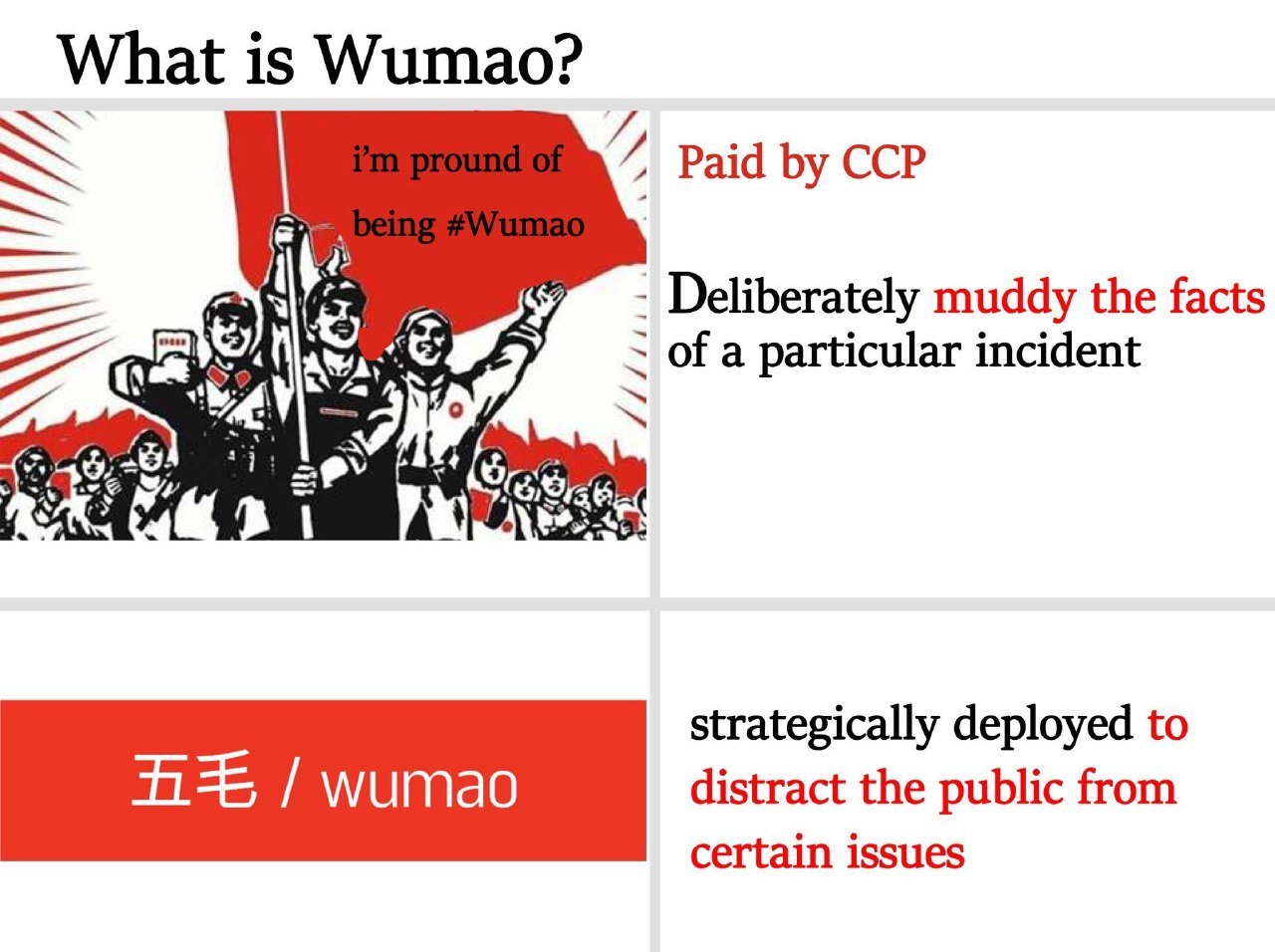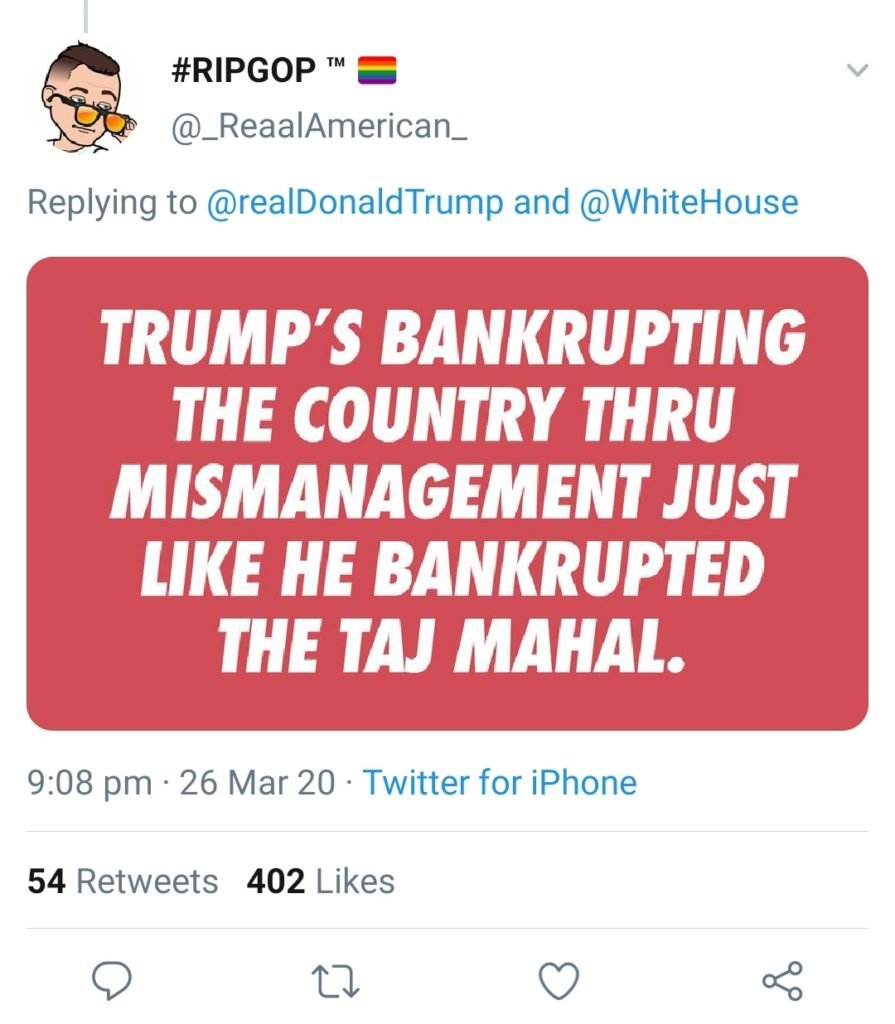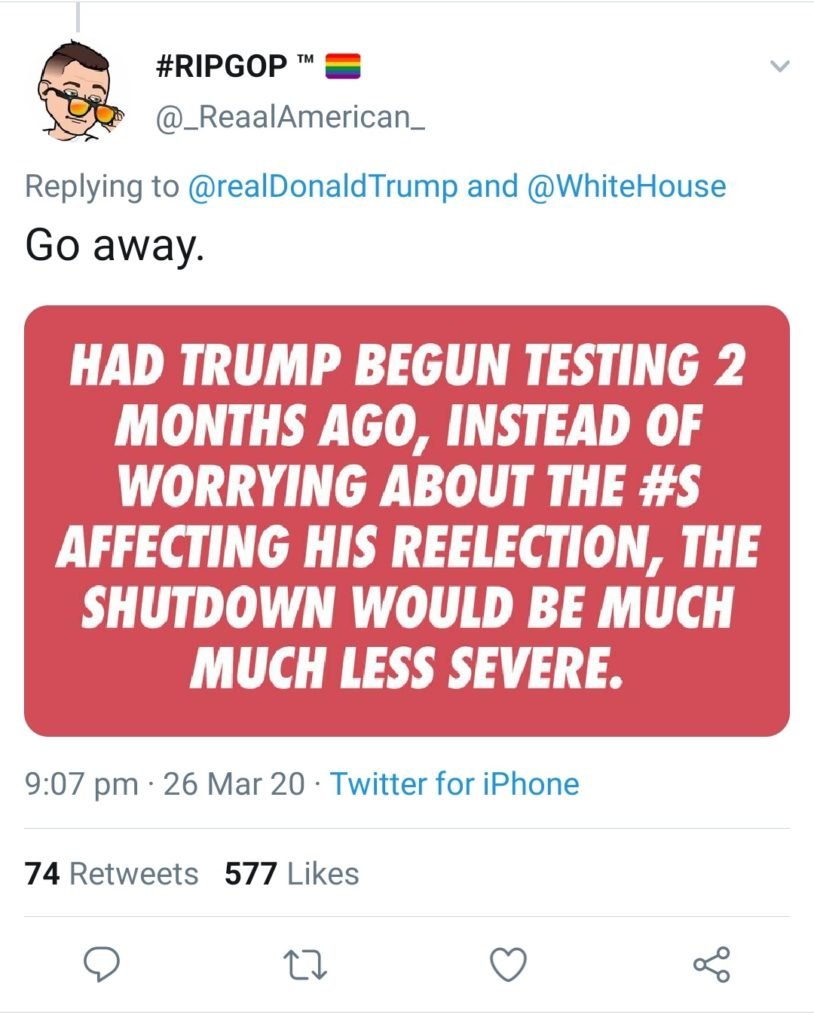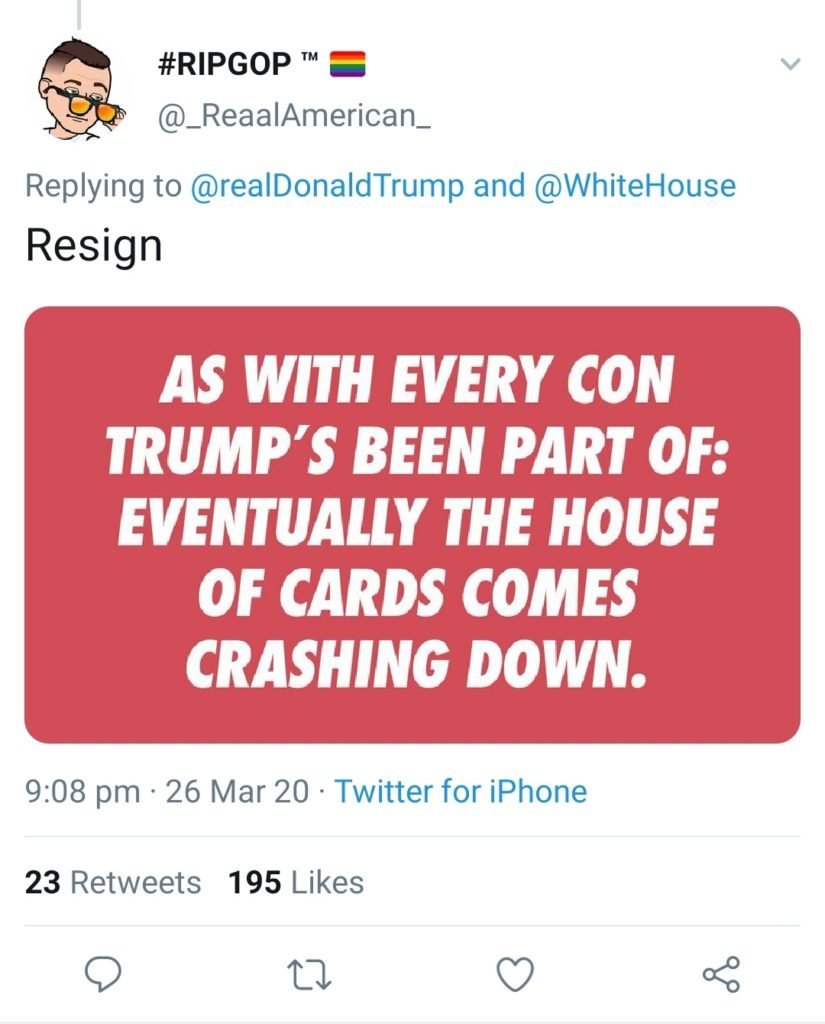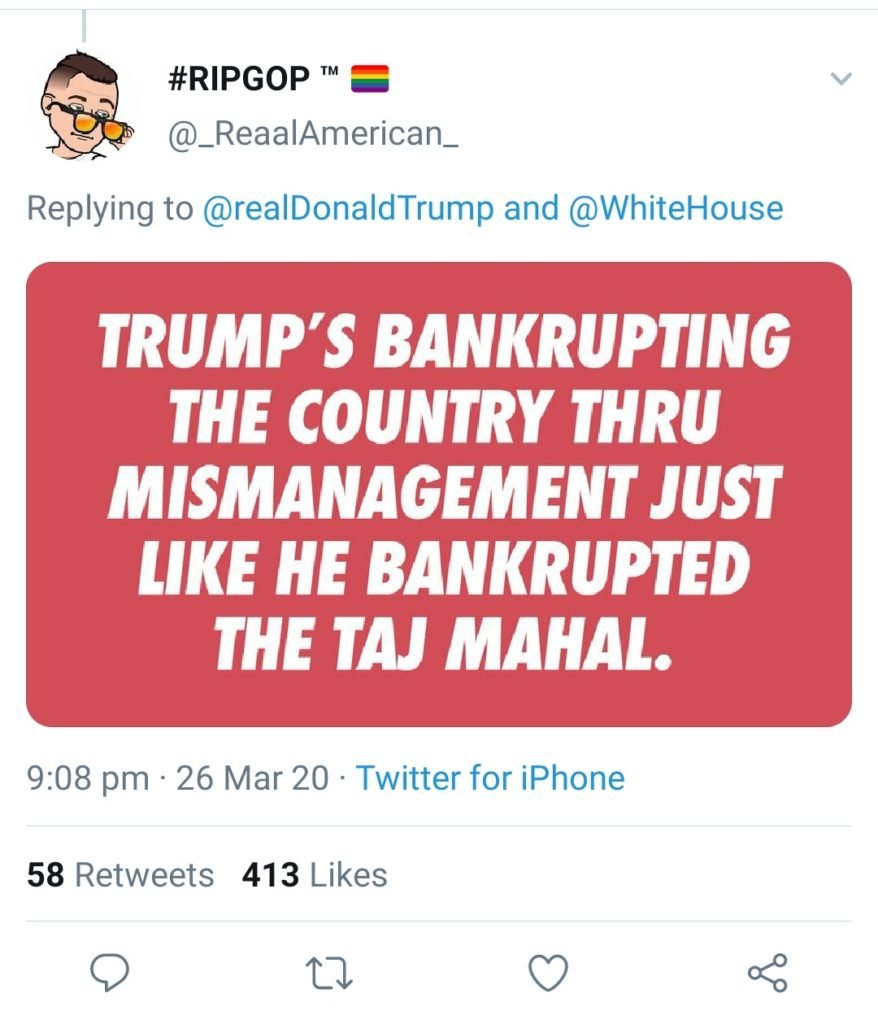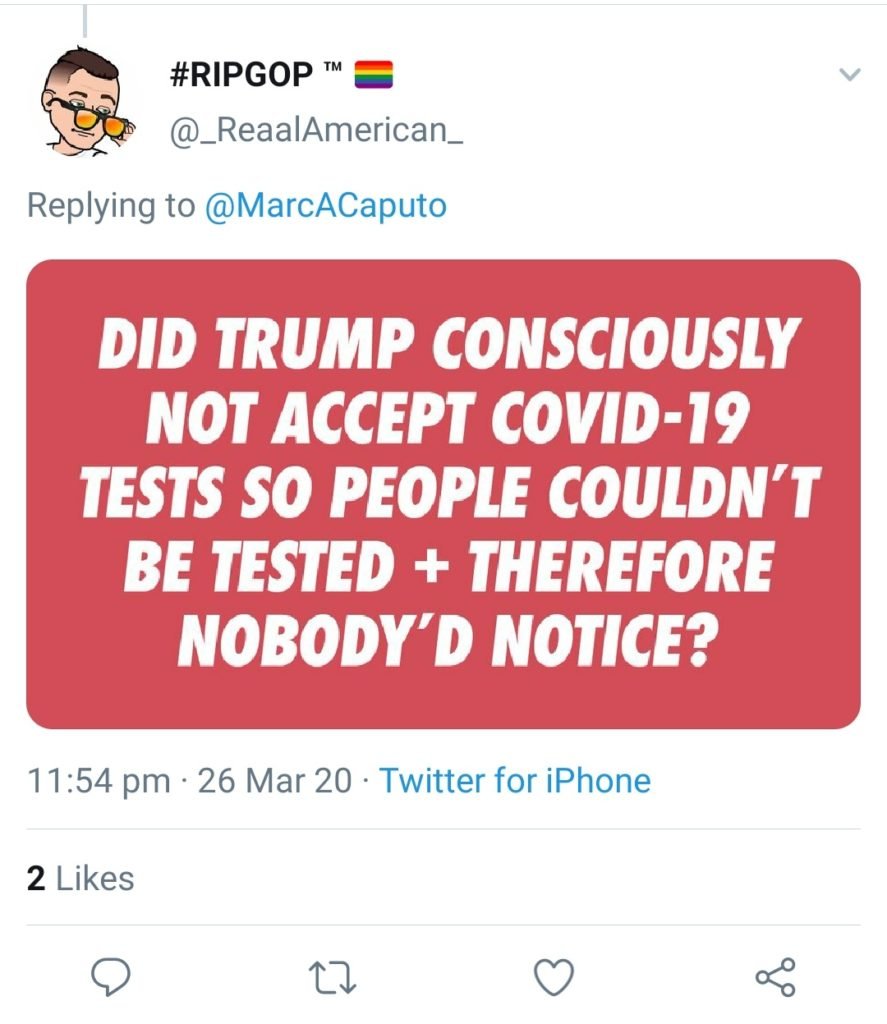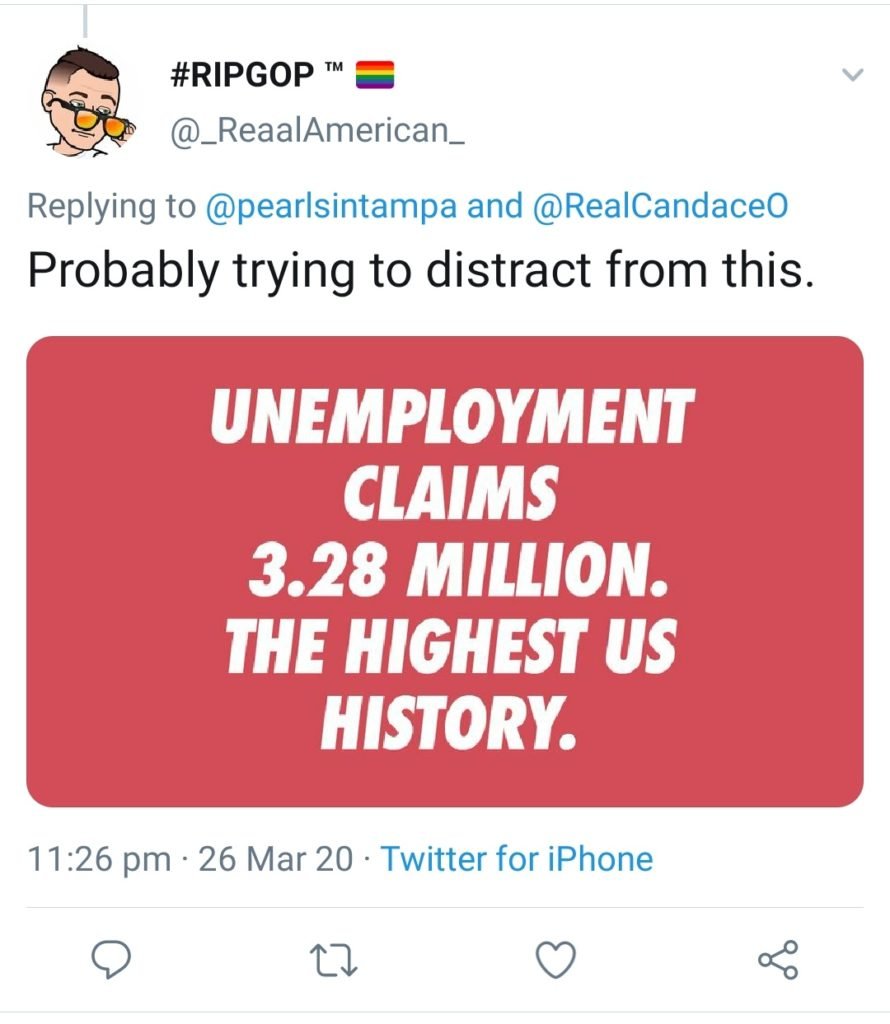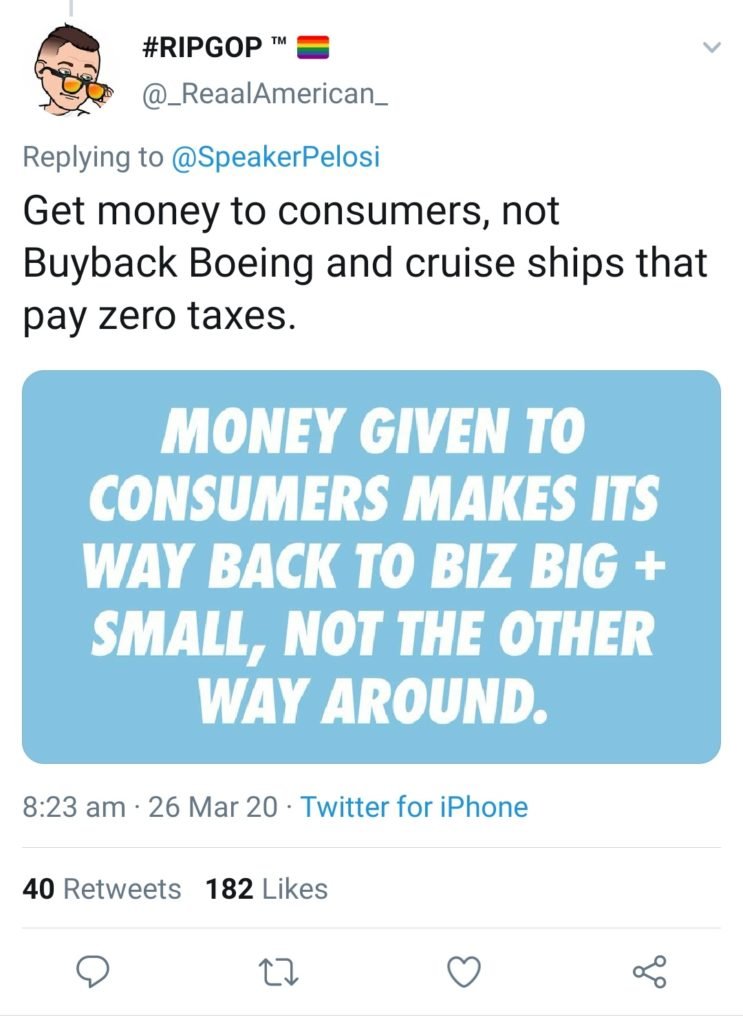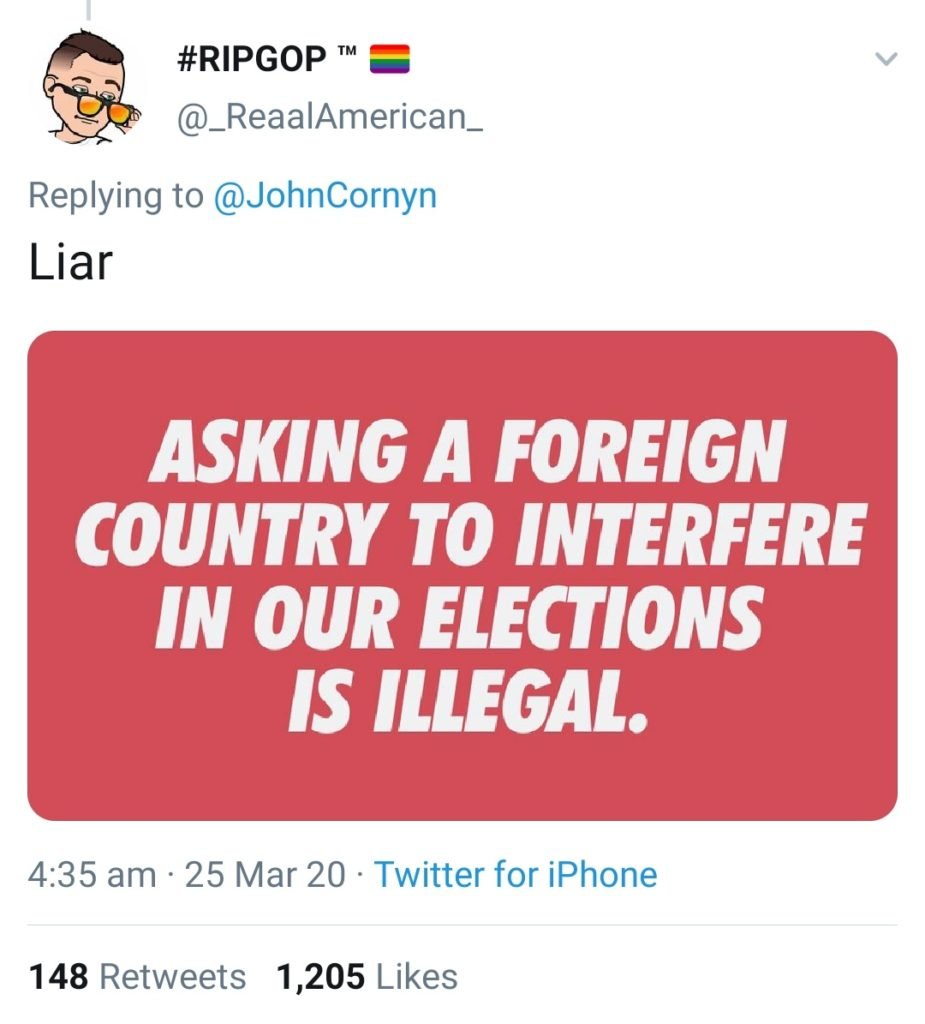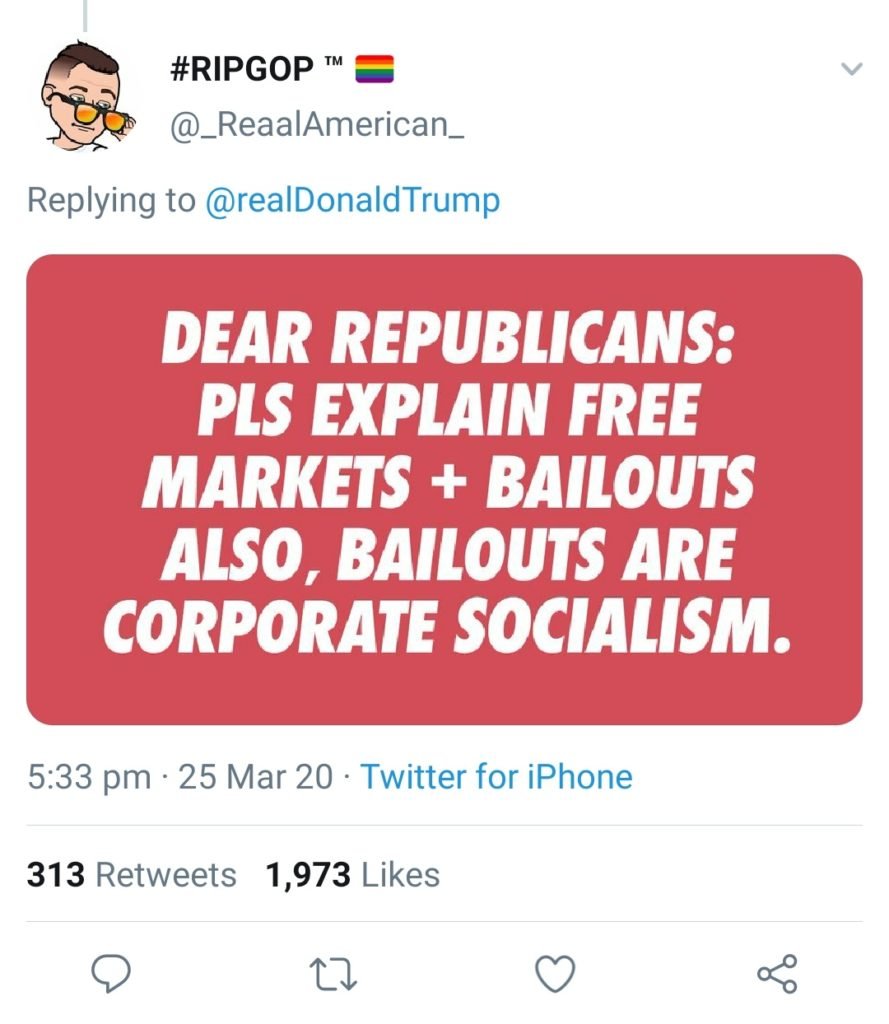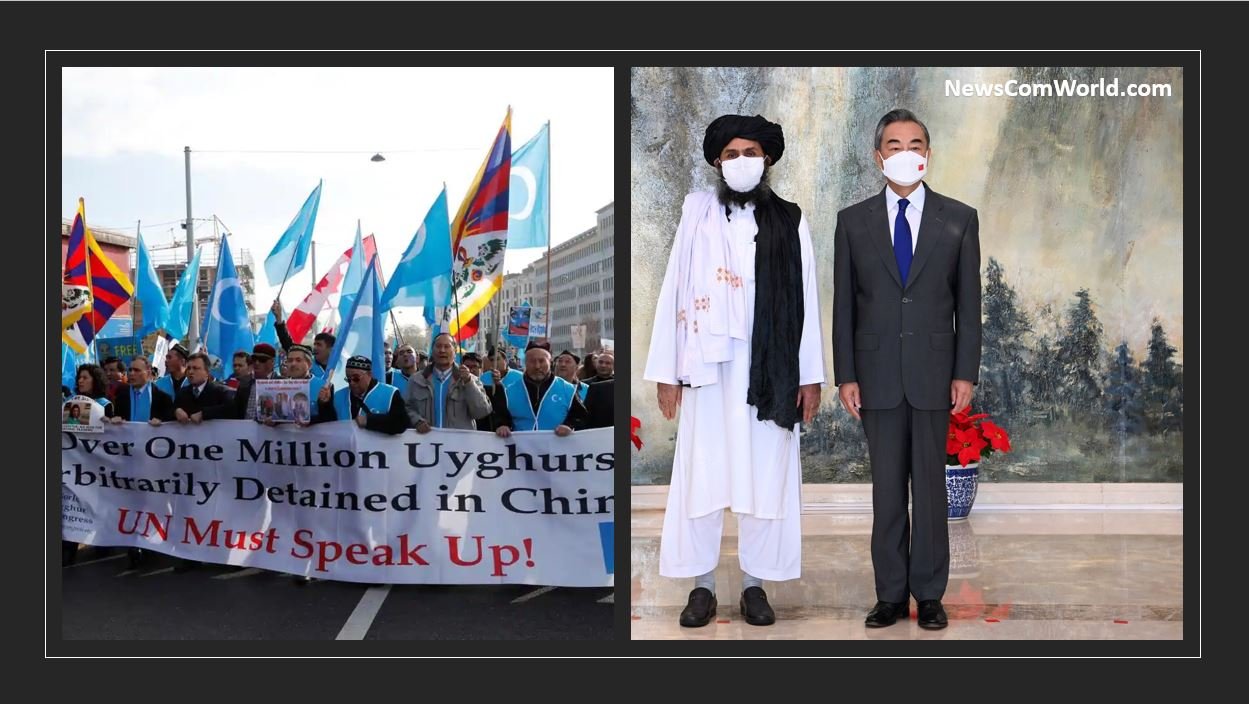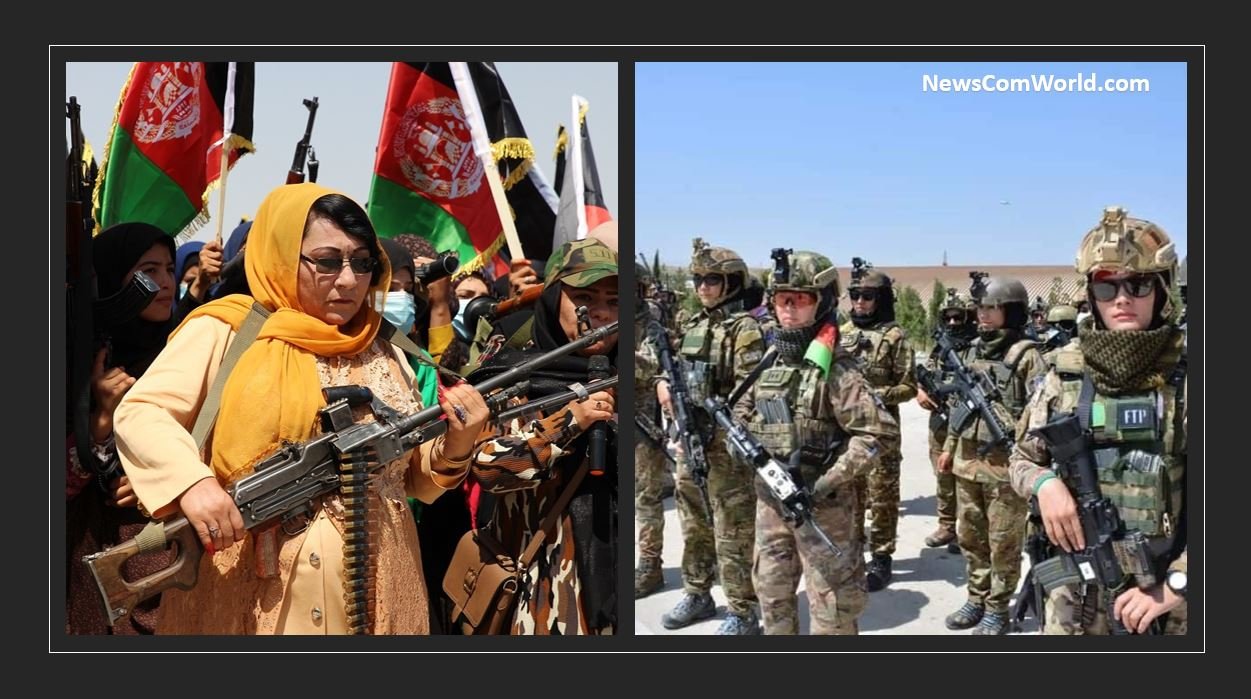Millions of Chinese “wu mao” or “50 cents”, or the “bring-your-own-rations wumao” or “Littile Pinks” or “Communist Youth League (CYL)” Chinese Troll Army are manipulating opinion on Social Media.
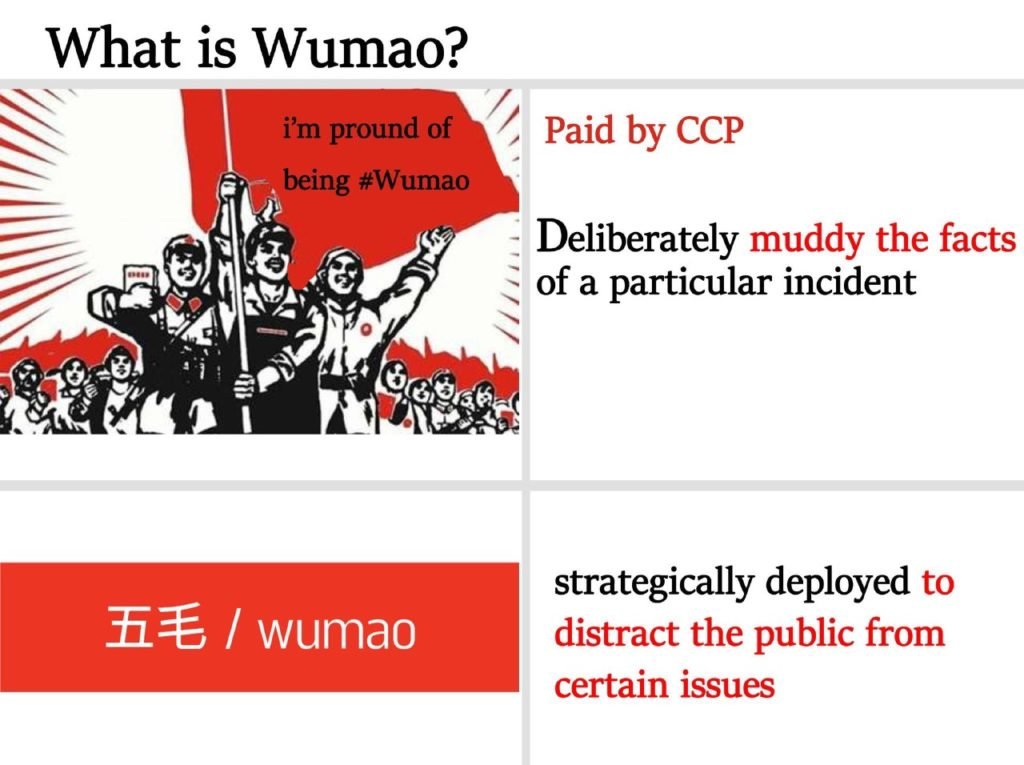
The Chinese government has long been suspected of hiring as many as 2,000,000 people to surreptitiously insert huge numbers of pseudonymous and other deceptive writings into the stream of real social media posts, as if they were the genuine opinions of ordinary people. Many academics, and most journalists and activists, claim that these so-called “50c party” posts vociferously argue for the government’s side in political and policy debates. As we show, this is also true of the vast majority of posts openly accused on social media of being 50c.
They are a different sort of army that is deployed. The “50 Cent Army” also called “wu mao” (or “50 cents” in Chinese)is a group of state-backed internet commenters whose numbers have reportedly ranged from 500,000 to two million. The Chinese government pays 50 renminbi cents per pro-China post. However, “wu mao” (or “50 cents” in Chinese) is still a common online insult, and even the official state media have acknowledged that there are government agents posing as ordinary, patriotic netizens.
A Harvard study published in August analyzed 44,000 posts related to an email leak to paint a picture of this “army.”
It concluded that “50 Centers” are not raging Chinese youth typing furiously away in their moms’ basements, as the stereotype goes, but government bureaucrats in unrelated fields like taxation or sports management, employed overtime to churn out posts allegedly by ordinary citizens.
They are not typical trolls. Instead of arguing about jailed dissidents or naval disputes, they mostly blanket the internet with blandly positive posts. “Almost none of the Chinese government’s 50c party posts engage in debate or argument of any kind,” the Harvard study said.
The Chinese regime also conducts “astroturfing,” or what we might call “reverse censorship,” surreptitiously posting large numbers of fabricated social media comments, as if they were the genuine opinions of ordinary Chinese people. The people hired for this purpose are known formally as “Internet commentators” (网络评论员) but more widely as “50c party” members (五毛党), so-called because they are rumored to be paid 50 cents (5 jiao, 角, or about US$0.08) to write and post each comment
It is estimated that the Chinese government fabricates and posts about 448 million social media comments a year.
50c party posts strongly argue with and debate against those who criticize the government, its leaders, and their policies.
Not surprisingly, “50 Centers” are found to be busiest when the state wishes to boost patriotism (like National Day) or when it wishes to cover up news, like October independence protests in Hong Kong.
With nationalism on the rise, fuelled by China’s economic ascent and perceptions of western decline, the propaganda drive has gone global. “Tell the China story well and build China’s soft power,” President Xi Jinping urged delegates at the party’s 19th congress in October 2017.
“On an anniversary, everyone is on the edge of their seats,” David Bandurski, editor of the University of Hong Kong’s China Media Project, said in a telephone interview. “It doesn’t matter if it’s an anniversary of the Cultural Revolution or Communist Party or National Day – it’s always a nervous moment. That’s the point of control.”
Bandurski was one of the first Western commentators to write about the 50 Cent Army in 2008, when Beijing was struggling with Tibetan unrest, the deadly Sichuan earthquake and human rights protests ahead of the Beijing-hosted Summer Olympics. At the time, the government diverted Chinese netizens’ attention – and ire – to an American CNN commentator who had criticized China.
“Redirecting public opinion is nothing new,” Bandurski said. “It’s been official policy since 2008.”
The 50 Cent Army is not really an army; it’s just a platoon in a much larger propaganda apparatus. All those positive posts are planted in an environment that bans most Chinese from legally accessing social media like Twitter, Facebook and YouTube, as well as critical news media like The New York Times and Bloomberg.
While “50 Centers” may distract viewers with pro-government posts, other branches of the Propaganda Department are busy censoring controversial articles and key words. When the “50 Cent Army” emerged in the early 2000s, online discourse was concentrated in chatrooms, bulletin boards and comment fields under articles. Today, when many millennials are connected to the internet constantly via their phones and watches, their tactics may seem outdated.
FILE – A computer user sits near displays with a message from the Chinese police on the proper use of the internet at an internet cafe in Beijing, China.
“Now is the era of Weibo,” Bandurski said, referring to a popular Chinese social media channel. “By this point, everyone is interacting online in real time.”
Younger internet users may also not be moved by rather dull state propaganda produced by tax bureaucrats working overtime.
In July, the Propaganda Department tried to pep up the Communist Party’s staid 95th anniversary with videos featuring digital animation and hip-hop – though still with torturous lyrics like “You are probably also confused about the situation of Taiwan.”
One of those videos was produced by the Communist Youth League, a powerful group with 89 million members aged 14 to 28 – a demographic better placed to appeal to youthful internet users.
In August, the government released a plan to involve the Communist Youth League (CYL) in its goal to “purify” the internet.
Communist Youth League (CYL) members are certainly more aggressive than the “50-Centers” described in the Harvard study. They also seem adept at jumping The Great Firewall of China to troll subjects on foreign social media.
They have also written posts criticizing entertainers deemed to be insufficiently patriotic.
They left 40,000 angry messages on the Facebook page of Australian swimmer Mack Horton, who beat his Chinese counterpart at the Rio Olympics and accused him of being a “drug cheat.”
A similar thing happened in January when Tsai Ing-wen became the first woman elected president of Taiwan, a self-governed island that Beijing considers a renegade province.
According to Foreign Policy, a campaign was started on a forum on Baidu, a Chinese search engine, to flood Tsai with anti-Taiwan comments. In 12 hours, there were 40,000 negative comments on her Facebook page.
“These are volunteer armies of mobilized angry youth,” Bandurski said. “They are happy to heed the call to, say, spam the Taiwan president.”
“To what extend they are state-organized, we don’t know,” he added. “Is it volunteering? State-encouraged volunteering? It’s so complicated. They are like ‘The 50 Cent’ 2.0.”
One prominent commenter is Lei Xiying, a Chinese PhD student at The Australian National University who produced a video criticizing rights lawyers and activists.
It went viral, especially after it was posted on official government websites. But Lei is not a “50 Center.” He is not posting under a falsified name, nor is there evidence that he is paid to do so.
Experts see China using more savvy ways of controlling opinion online. In the same way that the actual People’s Liberation Army is modernizing – focusing on technology and skill, as opposed to sheer numbers – the “50 Cent Army” is being overhauled, too.
“The 50 Cent Army doesn’t just fade away,” Bandurski said. “They have their teams and infrastructure, and they will continue. But now it’s become more sophisticated and more refined. They are being nuanced and savvy. They’re crunching data. They have a lot of resources.”d comment fields under articles. Today, when many millennials are connected to the internet constantly via their phones and watches, their tactics may seem outdated.
An archive of emails was leaked from the Internet Propaganda Office of Zhanggong, a district of Ganzhou City in Jiangxi province. These emails give explicit details of the work of numerous 50c accounts in this district.
Earlier, almost none of the Chinese government’s 50c party posts engage in debate or argument of any kind. They do not step up to defend the government, its leaders, and their policies from criticism, no matter how vitriolic; indeed, they seem to avoid controversial issues entirely. Instead, most 50c posts are about cheerleading and positive discussions of valence issues.
50c party members engage in “hand-to-hand” verbal combat, making specific, directed arguments that support the government, its leaders, and their policies, and opposing arguments to the contrary; they do this by engaging in debate with and criticism of China’s enemies, including those who oppose it inside the country and from abroad.
“China has become a strong nation and I want the whole world to see this,” says the 23-year-old recent graduate, one of millions of young nationalists who prowl social media to rebut criticism of their homeland. He would only use his online moniker.
China’s Communist party has raised a volunteer troll army of real people, most of them young men, to go online and attack its enemies.
However with the progress the Chinese “wu mao” or “50 cents” Chinese Troll Army has achieved, their footprints can be found in every major issue that concerns the world.
But more recently a new breed of volunteer warrior has emerged, nicknamed the “bring-your-own-rations wumao” for their willingness to work without pay. Some like to call themselves “little pinks”, a name derived from the colour of a popular online forum used by nationalists.
While Russia has traditionally relied on bots to push its agenda online, China’s Communist party has raised a volunteer troll army of real people, most of them young men, to go online and attack its enemies.
For years, China’s nationalist trolls were known as “50 cents”, or wumao, for the Rmb 0.50 they were said to earn for each patriotic post. But more recently a new breed of volunteer warrior has emerged, nicknamed the “bring-your-own-rations wumao” for their willingness to work without pay. Some like to call themselves “little pinks”, a name derived from the colour of a popular online forum used by nationalists.
With nationalism on the rise, fueled by China’s economic ascent and perceptions of western decline, the propaganda drive has gone global. “Tell the China story well and build China’s soft power,” President Xi Jinping urged delegates at the party’s 19th congress in October.
State media have rapidly expanded their overseas operations, while the government has pushed patriotic videos on western social media platforms.
A Communist Youth League of China post shows a group of ‘Volunteers for Civilising the Internet’ Over the past two years Beijing has set up initiatives to encourage the “good netizen” who spreads positive messages about China, such as the Communist Party youth league’s “Volunteer Campaign to Civilise the Internet”.
The youth league urges these web warriors to steer online discourse in a patriotic direction. The little pinks have become the most vocal members of a social media community inhibited by government censorship. “If you don’t repost this, you’re not really Chinese,” is their war cry.
Some co-ordinate “mass bombings” of public figures’ social media platforms, flooding targets with intimidating posts and shutting down online debate. “Big attacks will have pre-agreed slogans, memes and a start time, and labour will be divided into groups. The party also stokes the fire, arming the little pinks with memes — shareable images and video-clips — produced by state agencies as well as private studios.
Any of our readers who needs an evidence, check the time line of US President Donald Trump. You can easily spot many of this “Wu Mao” or 50 Cents or the “bring-your-own-rations wumao” or Little Pinks or Communist Youth League (CYL) members.
Here is a small example how the Chinese “Wu Mao” or 50 Cents or the “bring-your-own-rations wumao” or Little Pinks or Communist Youth League (CYL) members operate. Look at the first screenshot. Does President Trump’s handling of US Economy have any correlation to Taj Mahal in India? These kind of messages are only posted by the Chinese Troll army to malign President Trump. Moreover it is shocking to see how many retweets and likes they get.
Biggest example can be seen in the Chinese Trolls defending China against the accusation of China being the source of Chinese Virus and deflecting the accusation on the US and Europe.
Another big evidence of the work of Chinese “wu mao” or “50 cents” Chinese Troll Army can be seen in the interference in the US Presidential 2020 Elections. Chinese “wu mao” or “50 cents” Chinese Troll Army has joined hands with the “Resistance” and the Democrat Politicians like Bernie Sanders and their supporters.
We will expose the Modus Operandi of “Wu Mao” or 50 Cents or the “bring-your-own-rations wumao” or Little Pinks or Communist Youth League (CYL) members in our upcoming articles.
Also read our previous articles on Chinese Virus:-
Is China Rattled With Chinese Virus? Will World Demand Compensation?
Is The U.S. Health Care System Prepared For Coronavirus? Here Are Some Alarming Figures.
Coronavirus Disease 2019 COVID-19 A Pandemic: Is The World Ready?
Corona Virus Outbreak – Chinese Conspiracy Or Nature’s Curse?
Follow us at:-
Twitter Handle: @communique_news
Parler Handle: @newscommuniquecom
Subscribe our : YouTube Channel https://www.youtube.com/channel/UCnKJQ3gFsRVWpvdjnntQoAA
Like our Facebook Page https://m.facebook.com/News-Communiquecom-103788531007438/
4,349 total views


